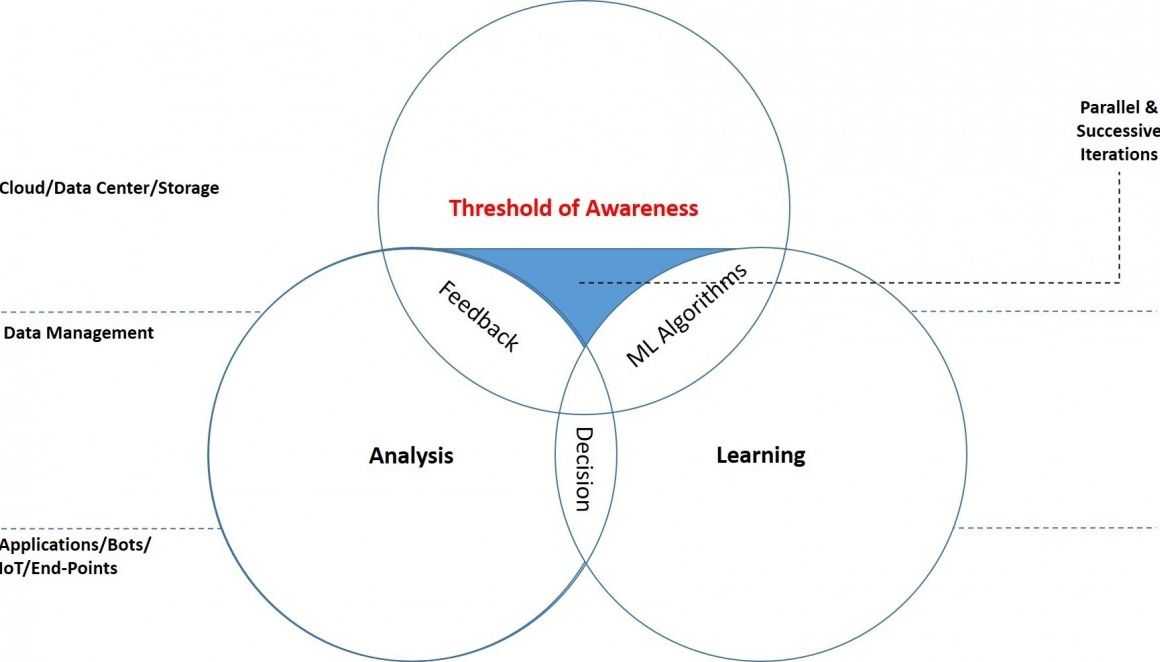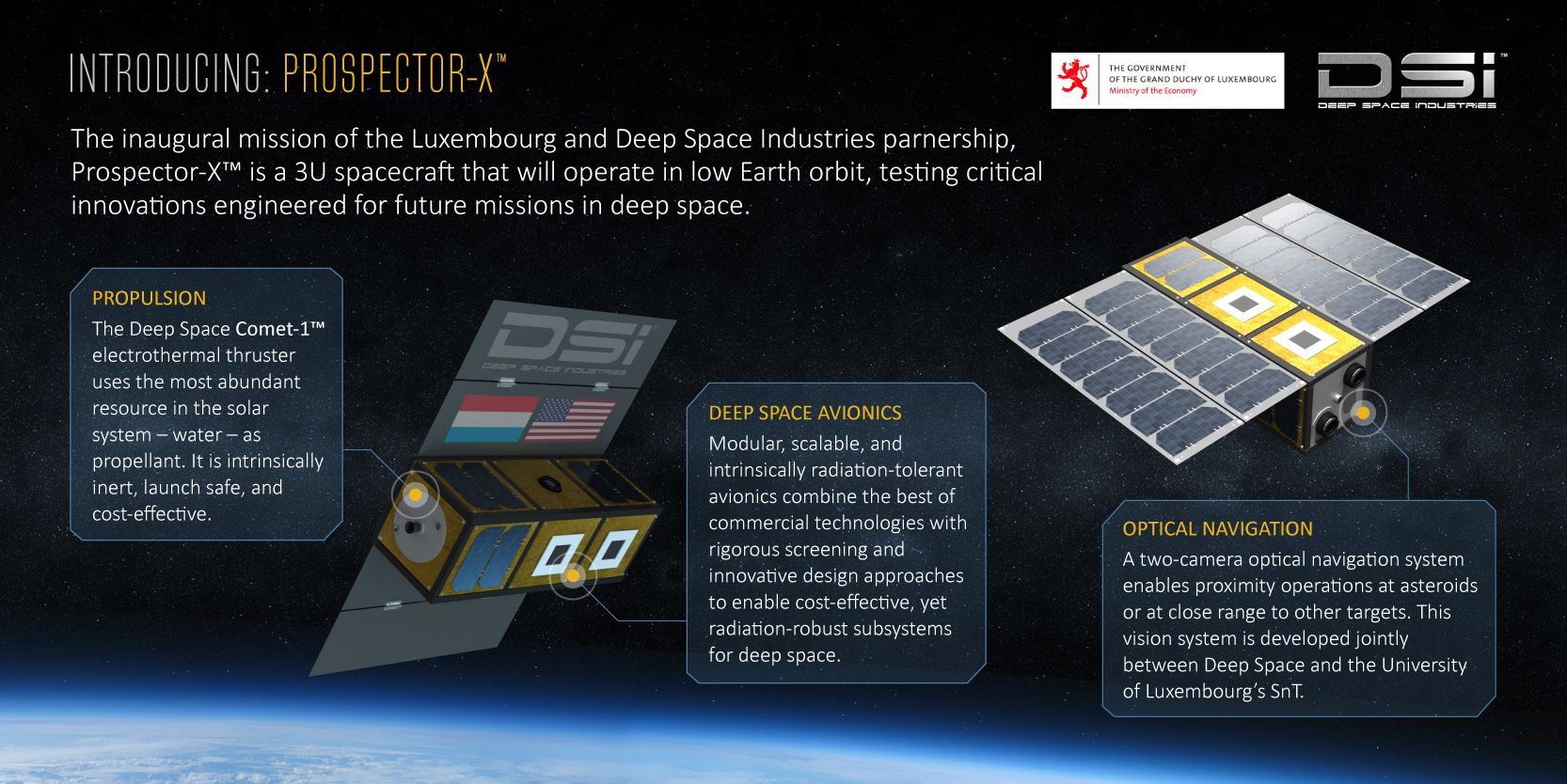
(Source: Jimmy Pike & Christopher Wilder ©Moor Insights & Strategy)
Microsoft and Facebook recently announced how they plan to drive leadership in the digital transformation and cloud market: bots. As more companies—especially application vendors—begin to drive solutions that incorporate machine learning, natural language, artificial intelligence, and structured and unstructured data, bots will increase in relevance and value. Google’s Cloud Platform (GCP) and Microsoft see considerable opportunities to enable vendors and developers to build solutions that can see, hear and learn as well as applications that can recognize and learn from a user’s intent, emotions, face, language and voice.
Bots are not new, but they have evolved over time through the evolution of artificial intelligence (AI), machine learning, ubiquitous connectivity and increases in data processing speeds. In the mid-1990s, the first commercial bots were developed. For example, I was on the ground floor for the first commercial chat providers called ichat. As with many disruptive media-based technologies, as was the case with ichat, early adopters tend to be the darker side of the entertainment industry. These companies saw a way to get website visitors to stay online longer by having someone to interact with their guests at 3AM. Out of this necessity, chatbots were developed. Thankfully, the technology has evolved and now bots are mainstream and are being used to helping people perform simple tasks and interact with service providers.
Continue reading “Rise Of The Machines (Part 2): Artificial Intelligence And Bots Promise To Disrupt” »


















